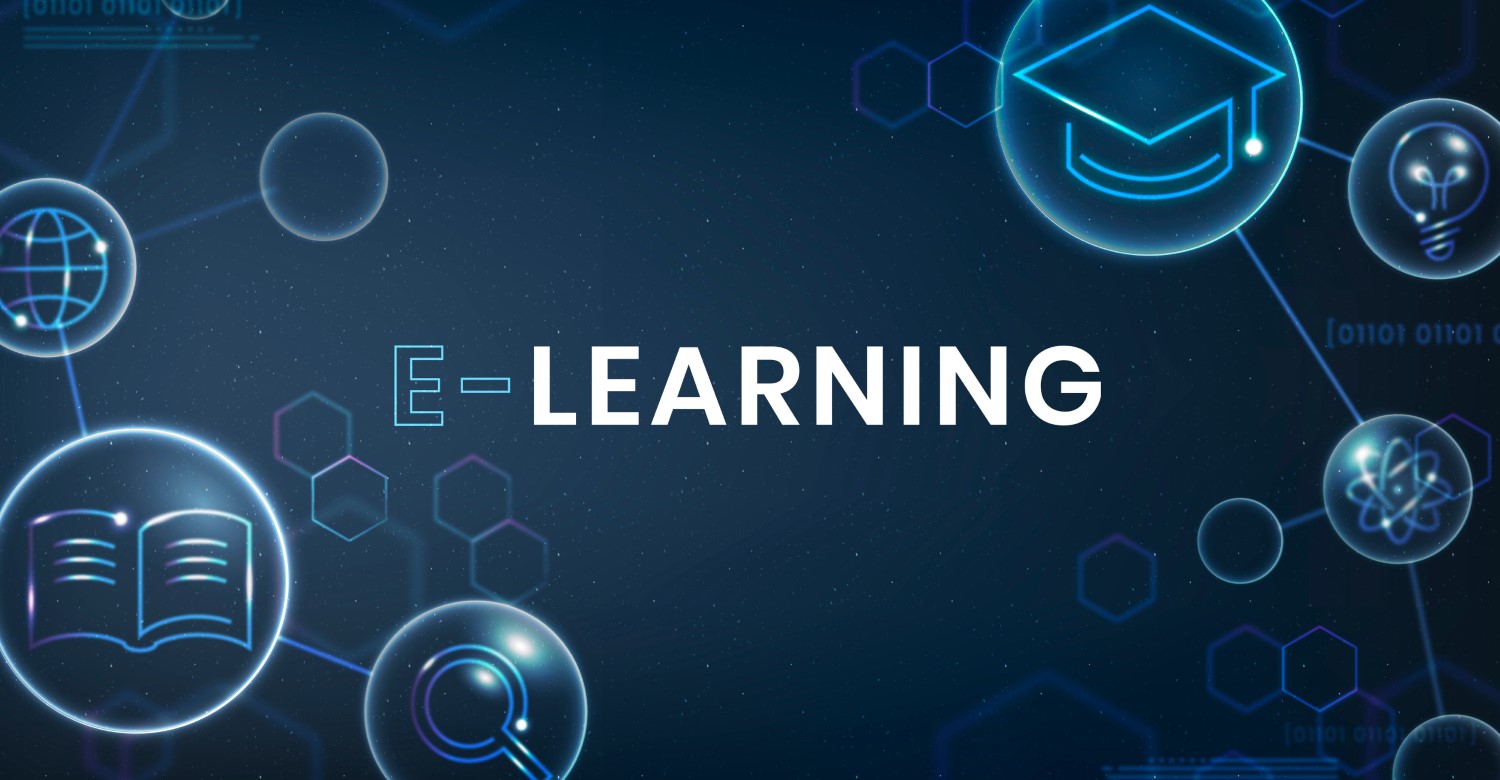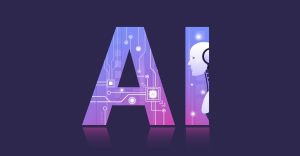Welcome to the digital Revolution of education, where E-Learning platforms command the stage and transform how we learn. Buckle up because we’re about to reshape education’s future, one pixel at a time.
Table of Contents
1. The Evolution of Education in the Digital Age
The days of chalk-stained hands and strict classroom schedules are fading away. The pandemic brought a new world where the confines of a classroom no longer dictate where or how we learn. Smartphones become our companions, and the internet is our knowledge playground. Traditional classrooms are being pushed aside by Online Learning platforms, and Steadilly stepping in to fill the gap.
2. Advantages of E-Learning Platforms
We embrace learning that bends to your schedule and style, not vice versa. Remote Learning platforms toss traditional scheduling constraints and embrace flexibility. These platforms erase the boundaries of time and location. You make your schedule; Learning caters to your life, not vice versa. Swap your virtual notes with a student in Tokyo while sipping your latte in London. It’s a small world.
Oh, and from an economic standpoint. Traditional education can sometimes be so expensive. E-Learning platforms, however, serve up courses that won’t break the bank. It’s like getting a five-course meal for the price of a sandwich. Your wallet is cheering; can you hear it?
3. Diverse Learning Formats and Resources
Lights, camera, education! E-Learning platforms aren’t just about textbooks and lectures. They’re about interactive quizzes that make you feel like you’re in a game show. They’re about simulations that take you on virtual field trips with no permission slips required. Imagine dissecting a digital frog without the mess – science class just got a high-tech upgrade. And the resources? It’s like having a digital library at your fingertips, open 24/7. Adaptive learning technology adds a cherry on top, customizing your learning journey like a tailor crafting a bespoke suit.

4. Personalized Learning Experience
Welcome to the era of education tailored to fit you like a glove. Web-based Learning platforms don’t just throw information at you; they craft a personalized learning path that suits your strengths, weaknesses, and learning quirks. It’s like having a wise old mentor who knows what you need. And don’t worry, you’re not alone on this journey – data analytics are your trusty sidekick, tracking your progress and ensuring you’re always on track.
5. Professional Development and Lifelong Learning
Remember when education was a one-time affair, wrapped in a graduation gown? Well, those days are history. In this intensely competitive world, we live in, learning is a lifelong journey. Professional development has taken center stage.
These platforms are tailor-made for the modern professional, from acquiring new skills for career growth to changing career paths. They offer certificates, micro degrees, and specialized courses that hold weight in the job market.
6. E-Learning Platforms: Pioneers and Innovators
Hold tight because we will take a tour through Online Learning pioneers. Each with its unique flavor.
Coursera: Coursera took the concept of distance learning and gave it a digital spin. With partnerships with renowned universities, it offers a smorgasbord of courses. It’s like having a virtual Ivy League experience, minus the student loans.
edX: Started by Harvard and MIT, edX is all about democratizing education. MicroMasters programs offer a taste of graduate-level education. It’s like having a golden ticket to career advancement.
Udemy: Udemy flips the script by empowering instructors to be entrepreneurs. From programming to painting, it’s a marketplace of knowledge. You’re not just a learner; you can also be the teacher guiding others.
Khan Academy: Sal Khan’s vision of free education is a reality through Khan Academy. It’s not just about academics; it’s about leveling the playing field. Imagine free, quality education for all, like a beacon of hope in the sea of inequality
7. Challenges and Considerations
Hold up, knowledge explorers! While E-Learning platforms sweep us off, remember to navigate the occasional bumps on this digital highway.
Picture this: you’re acing a course, mastering every lesson, but wait, where’s the human interaction? That’s the challenge of Distance Education – the lack of face-to-face camaraderie that traditional classrooms offer. While you’re absorbing knowledge like a sponge, there’s something magical about sharing a knowing smile with a classmate or engaging in a lively classroom debate. But fear not, because technology is finding its way here too. Video discussions and online forums are emerging as virtual hangout spots for the academically inclined.
And then there’s the matter of discipline. With the flexibility E-Learning offers comes the need for ironclad self-discipline. It’s like having a gym at home – it’s excellent, but you must use it. Procrastination can be your fiercest adversary here. The sofa might seem comfier than your desk, but that essay won’t write itself. It’s a battle of wills, and you’re the commander.

8. The Future Landscape of Education
Fasten your seatbelts because the future of education looks more sci-fi than ever. Using a virtual reality headset can take you into a history lesson that’s so immersive you can practically smell the antiquity. Virtual reality, in addition to augmented reality, is destined to become education’s favorite tool, transporting us to places and times we’ve only read about. It’s like time travel for your brain.
We remembered that Artificial intelligence isn’t just for sci-fi movies; it’s also making its mark in education. Imagine having an AI-powered tutor that adapts to your learning style, patiently guiding you through complex concepts until they become as familiar as your morning routine.
9. E-learning Impact on Society
E-Learning has a great chance of changing lives. You could be a single mother completing a coding boot camp and landing a dream job that allows her to provide for her family. Or a high school dropout getting a second chance through online courses and eventually earning a college degree.
But it’s not just individuals; entire communities are benefiting. Think about schools in rural areas gaining access to quality education through online resources. It’s leveling the playing field, democratizing knowledge, bridging gaps, and breaking barriers. E-Learning isn’t just a tool; it’s a game-changer, and its impact is rippling worldwide.
Conclusion: Embracing the E-Learning Revolution
E-learning platforms have shattered the barriers of traditional education. Learning has become limitless, no longer confined to physical classrooms, rigid schedules, and one-size-fits-all approaches. Flexibility and personalization are the new norms, and knowledge is now a universal currency accessible to anyone with a digital device and a thirst for learning.
But remember, no revolution comes without challenges. The digital divide and maintaining educational quality remain crucial hurdles. However, these challenges are manageable with technology’s ever-advancing strides and the determination of education pioneers.
Our takeaway from this journey? Embrace the E-Learning Revolution. E-learning platforms offer many opportunities, whether you’re a curious learner, a working professional, or an educator. With the power to learn, upskill, and grow at your fingertips, you’re not just shaping your future – you’re contributing to a global transformation in education.
(FAQ) E-Learning Platforms
Q1: What exactly are E-Learning platforms?
A1: E-Learning platforms are digital spaces that provide thousands of courses, tutorials, and educational materials that can be accessed online. These platforms enable learners to access education anytime, anywhere, often offering personalized learning experiences.
Q2: What are the advantages of using E-Learning platforms?
A2: E-Learning platforms come with a multitude of advantages. They offer flexibility, allowing learners to study at their own pace. The variety of courses available is staggering, from academic subjects to practical skills. Other vital benefits include personalized learning, cost-effectiveness, and the ability to learn from experts worldwide.
Q3: Can I earn certifications or degrees from E-Learning platforms?
A3: Yes, many E-Learning platforms offer certificates and even degrees. Platforms like Coursera and edX collaborate with renowned universities to offer accredited programs. These certificates can hold weight in the job market and showcase your skills and expertise.
Q4: Are E-Learning platforms suitable for professional development?
A4: Definitely. E-Learning platforms cater to professionals looking to upskill or switch careers. MicroMasters, specializations, and short courses can provide targeted knowledge for career advancement. It’s like having a continuous learning resource right at your fingertips.
Q5: Are E-Learning platforms free?
A4: Definitely. E-Learning platforms cater to professionals looking to upskill or switch careers. MicroMasters, specializations, and short courses can provide targeted knowledge for career advancement. It’s like having a continuous learning resource right at your fingertips.
Q6: What role does technology play in the future of E-Learning platforms?
A6: Technology is poised to revolutionize E-Learning even further. Virtual reality (VR) and augmented reality (AR) are expected to make learning immersive and interactive. Artificial Intelligence (AI) will provide personalized learning journeys, adapting content in real-time to suit individual needs.


